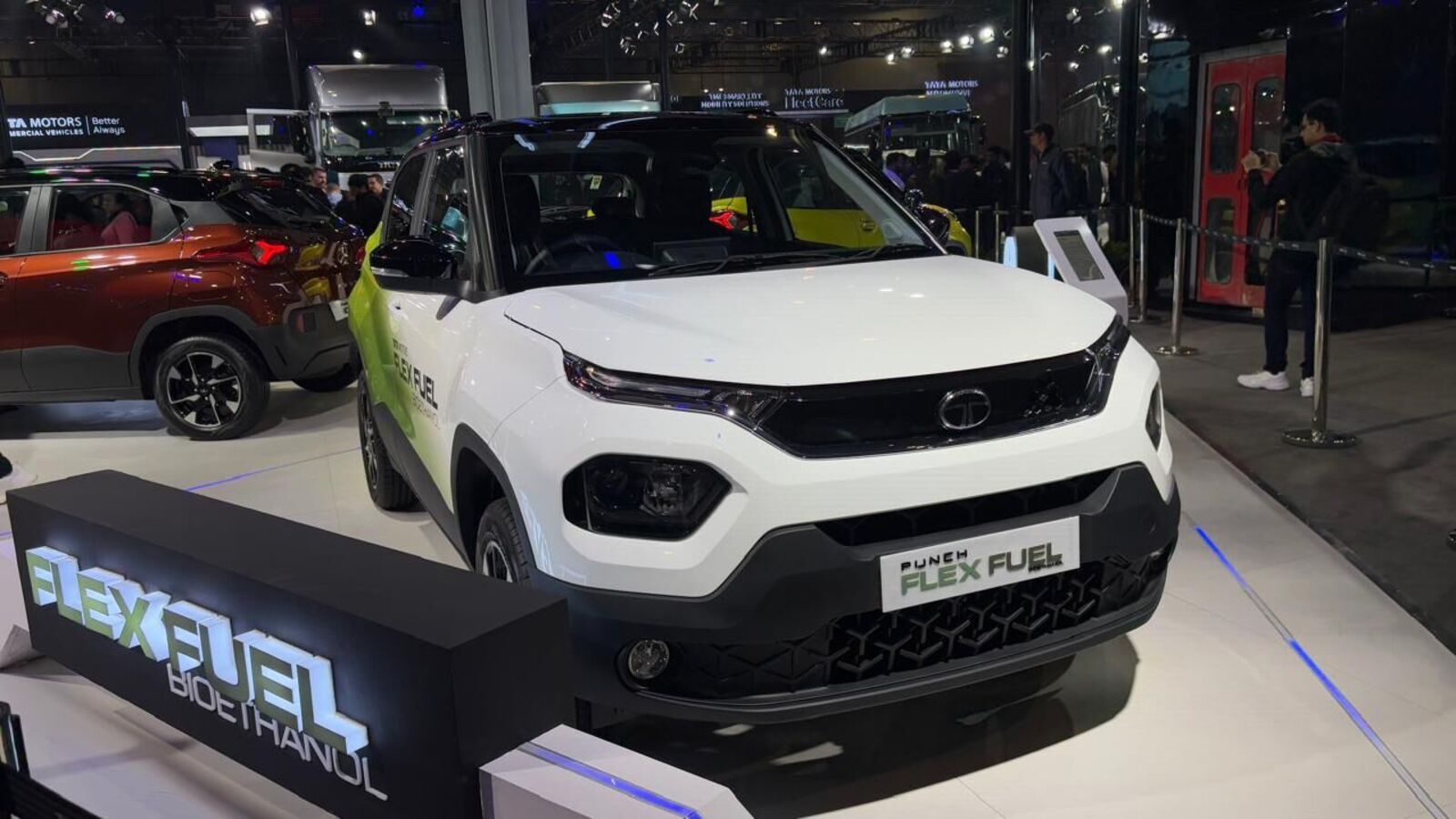Copyright © HT Media Limited
All rights reserved.
The Bureau of Energy Efficiency has unveiled the new draft of the Corporate Average Fuel Economy (CAFE) 3 norms, which will come into effect from April 2027. The draft proposes more stringent average CO2 emissions, but the new norms will also incentivise small cars (under 4 metres), CNG, flex-fuel and hybrids, as well as electric vehicles, along with range-extended hybrid electric (REE) vehicles.
CAFE 3 Norms: What the draft says
The CAFE 3 draft plans to bring down the average CO2 emissions limit to 88.4 g CO2/km in the first year, and will be followed by even lower targets in the subsequent years, up to 71.5 g. This is a steep reduction from the current 113 g CO2/km average under the CAFE 2 norms. Interestingly, the 2024 CAFE 3 draft proposed to reduce the emission limit to 91.7 g CO2/km.
Small cars, EVs gain the most
According to the new draft, sub-four-metre vehicles (under 1200 cc, 909 kg) will be eligible for an additional reduction of 3.0 g CO2/km in their manufacturer-declared CO2 emissions. Moreover, the draft proposes a credit system that will help manufacturers offset the impact of models with higher emissions by assigning more weight to electric, flex-fuel ethanol, range-extender hybrids, and strong hybrid vehicles.
Furthermore, the new CAFE 3 norms draft calls for implementing a carbon neutrality factor on certain vehicle categories. This is essentially a discount on the manufacturer-declared CO2 levels of a motor vehicle. The draft proposes up to 8 per cent set-off on petrol cars running on E20 and E30 grade fuel, while CNG vehicles will be offered a set-off of up to 5 per cent. Flex-fuel vehicles, comprising flex-fuel strong hybrids, will attract a carbon neutrality factor of 22.3 per cent on CO2 tailpipe emissions.
Compliance Pools For OEMs
The draft also proposes that manufacturers can form compliance pools of up to three OEMs, and each pool will be considered as one entity for regulatory purposes, with the fleet-average CO2 emissions calculated from the combined sales of all member companies. There will be a designated pool manager responsible for any penalties if the group fails to meet the emission standards.
Lastly, the draft states manufacturers will be required to compute g CO2/km of each vehicle based on the Mixed Indian Driving Cycle (MIDC) and Worldwide Harmonised Light Vehicles Test Procedure (WLTP) testing procedures from 2026 onwards. Automakers will also need to report fuel consumption in ‘litres per 100 km.’
Get insights into Upcoming Cars In India, Electric Vehicles, Upcoming Bikes in India and cutting-edge technology transforming the automotive landscape.
Editor’s Pick
Trending this Week
Latest Car & Bike News
Copyright © 2025 HT Auto











